Wow, look how long my story is!
Regular visitors to my blog may find this advice from me familiar, but I hope they’ll forgive me recycling it so I can participate in a blogfest. (I am supposed to be on holiday this week, after all!)
Watch for places in your manuscript where “less is more” – where fewer words would create a stronger impact. Imagine having to pay $1 for every word you use, and chances are you’ll find lots of words your story doesn’t really need. Go in with a scalpel; a hatchet is not necessary. Like most writers you’ll be surprised how many words can be cut.
I like racking up the word count when I’m writing a new draft as much as any writer, but I get just as much pleasure (maybe even more?) from watching the word count fall as I make judicious cuts.
One of the most satisfying jobs I ever did was an editing job in which the writer had done his best to cut a 5000-word story in half, at a publisher’s request. He was upset because he felt he was losing important scenes and snatches of dialogue from the story, and he’d only managed to cut 1000 words. With his permission, I set out to show him how it might be done. Cutting a phrase here and a phrase there, I got the story down to 2500 words and I’d even managed to reinstate material I liked that he had cut previously, when trying to get the manuscript down to 5000 words. He was delighted and so was the publisher. Sadly, as sometimes happens in publishing, the company decided they couldn’t take on his story after all, for reasons that had nothing to do with the story.
It can be painful saying goodbye to carefully chosen, much-loved turns of phrase, but be ruthless. Your readers will thank you for it.
Share this post:

Kathy Stinson is the author of the classic Red Is Best, the award-winning The Man with the Violin, and the GG shortlisted The Rock and the Butterfly. Her wide range of titles includes picture books, fiction, non-fiction, and poetry. She has enjoyed the privilege of meeting with her readers in every province and territory of Canada, in the United States, Britain, Liberia, and Korea. Currently president of CANSCAIP (the Canadian Society of Authors, Illustrators, and Performers), Kathy lives in a small town in southern Ontario.
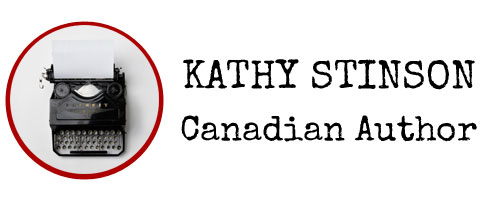
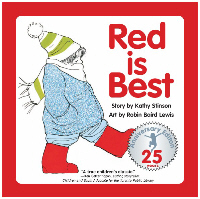
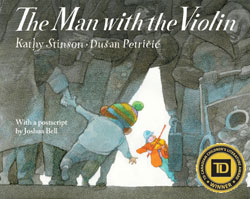
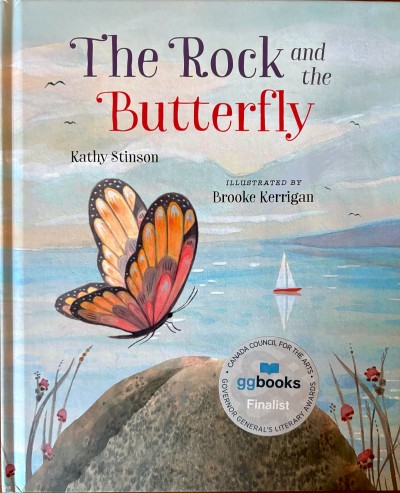
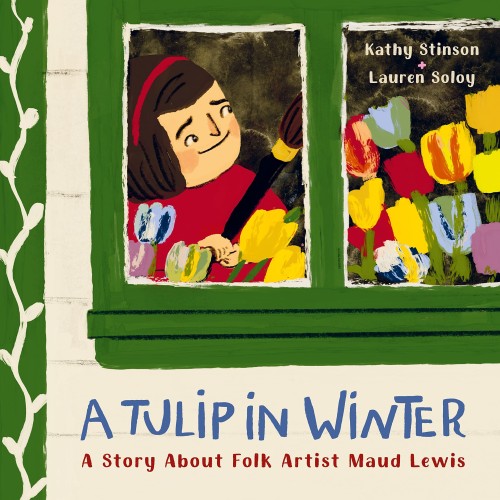
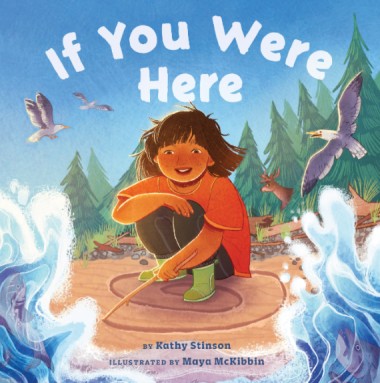
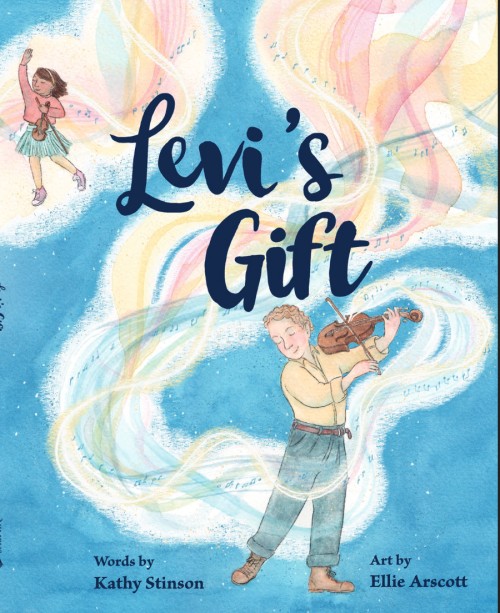
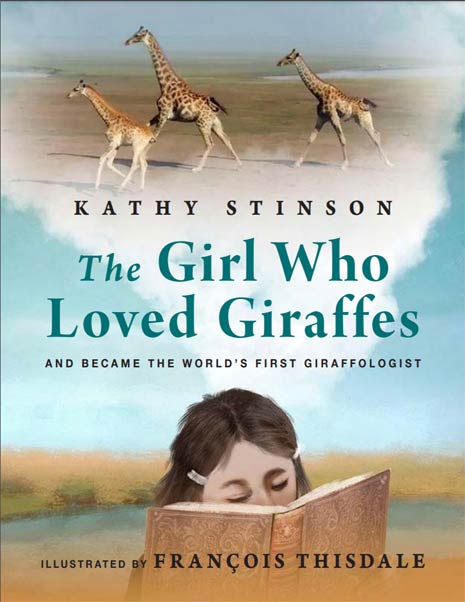
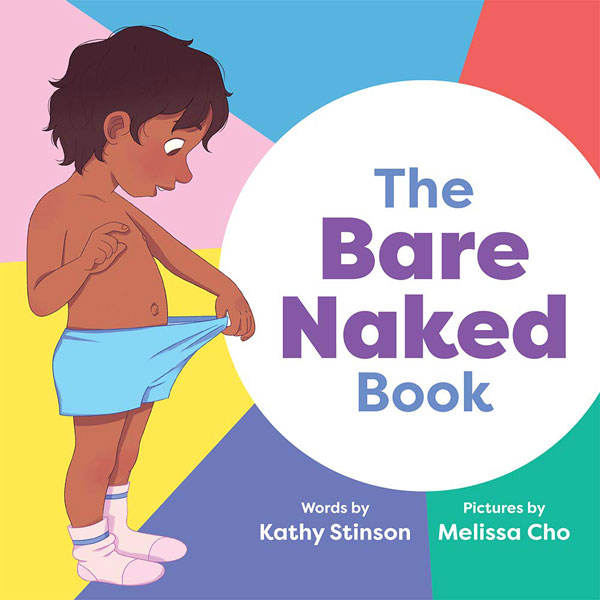


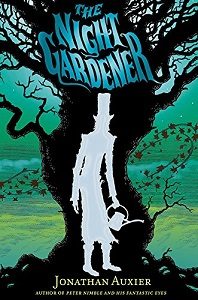


Always a helpful excercise.
I'm a very sparse drafter – I always end up needing to add words, rather than cut in my revisions. Even so, I still always find redundant words, phrases that can be shortened, and a host of other things to trim out of my writing (with a scalpel, as you said). More excellent advice. 🙂
Wanna help me cut 25K from a 120K draft? 😉
My problem is that I tend to write so sparse so the reader has no idea what's happening or who's talking.
Wonderful post. I think that sometimes a hatchet is needed but thats the difference between macro and micro editing. Thankfully I'm at the stage where I've put down my hatchet and am carefully using my scalpel. Thanks for the advice!
Great advice for any writer! It's all about finding the lightning words rather than the lightning bug words. Sometimes it's painful to chop up a story, but I'm always glad when I edit ruthlessly because I come out the victor and the story is twice as good.
My experience is the complete opposite: When I was told to trim my 200 000 words novel I ended up with a novel that was 300 000 words, and it was SO much better for it. Most novels are way too short.
I tend to write too sparsely so editing down isn't really an issue for me, but when I do feel the need to cut, I like to save the cut phrases in a separate file. So they're not being "cut", just relocated…makes the whole process so much less painful!
I am verbose and this is good advice to remember and apply. It does give a great feeling to take the scalpel to your work and make each word count. Thank you..:)
Great to see the diversity of experience in the area of flabby and sparse drafts reflected in your responses. Happy fleshing out! And happy cutting!
So true, Icy Sedgewick, that keeping much loved phrases for possible future use helps make the process of fine-tuning a manuscript much less painful. For reasons I've long ago forgotten, my writing group refers to the place for stuff that doesn't belong in a story but is too good to throw out "The Ostrich File".